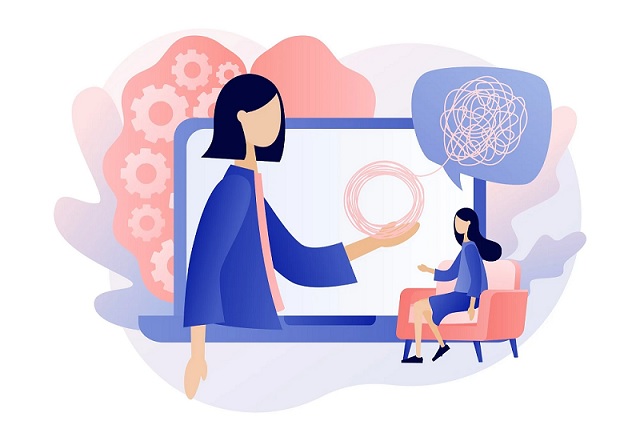Technology has revolutionized the way we live, work, and connect with the world. While it offers countless benefits, its influence on mental health is a growing concern. The relationship between technology and mental well-being is complex, with both positive and negative effects. By adopting a balanced approach, we can harness the benefits of technology while mitigating its potential drawbacks.
The Positive Impact of Technology on Mental Health
Technology has paved the way for numerous mental health advancements, including improved access to care and innovative therapeutic tools. Key benefits include:
- Accessibility to Resources: Telehealth services have expanded access to mental health professionals, particularly for individuals in remote areas. Studies show that teletherapy can be as effective as in-person therapy for conditions like anxiety and depression.
- Mental Health Apps: Apps offering guided meditation, mood tracking, and cognitive behavioral therapy exercises empower users to manage stress and build resilience. For example, a study in JMIR mHealth and uHealth revealed that mental health apps can significantly reduce symptoms of anxiety and depression.
- Community and Connection: Social media platforms and online forums provide support networks, allowing individuals to share experiences and find encouragement, especially during challenging times.
The Negative Effects of Technology on Mental Health
While technology offers numerous benefits, excessive use can contribute to mental health challenges. Key issues include:
- Screen Time Overload: Excessive use of screens, particularly before bedtime, disrupts sleep patterns and increases stress levels. The National Sleep Foundation emphasizes that blue light from devices can suppress melatonin production, impairing sleep quality.
- Social Media Pressure: Platforms often promote unrealistic expectations and comparisons, leading to feelings of inadequacy. A 2019 study in Computers in Human Behavior found a direct correlation between high social media use and increased symptoms of anxiety and depression.
- Digital Burnout: The constant connectivity enabled by technology can lead to mental exhaustion, making it difficult to disconnect and recharge.
Advanced Treatments: Leveraging Innovation for Mental Health
In cases where technology’s negative effects exacerbate mental health issues, advanced treatments can offer a lifeline. Innovative approaches are helping individuals address deep-rooted challenges such as PTSD, anxiety, and depression. Among these, ketamine infusion therapy is gaining recognition for its effectiveness.
Ketamine therapy, once primarily used as an anesthetic, has emerged as a groundbreaking treatment for mental health conditions. Unlike traditional antidepressants that may take weeks to show results, ketamine can alleviate symptoms within hours for many patients. Clinical studies have demonstrated its efficacy in reducing symptoms of treatment-resistant depression, PTSD, and anxiety.
When combined with lifestyle changes, including mindful use of technology, ketamine therapy provides a holistic approach to mental health care, bridging the gap between modern medicine and daily living.
How to Strike a Balance with Technology
To enjoy the benefits of technology without compromising mental health, consider these strategies:
- Set Boundaries: Allocate specific times for device use and create tech-free zones in your home, such as the bedroom or dining area.
- Practice Digital Detoxes: Periodically unplug from technology to recharge mentally and emotionally.
- Focus on Quality Content: Choose platforms and tools that prioritize mental well-being, such as educational apps or supportive online communities.
- Monitor Screen Time: Use apps to track and limit time spent on social media or other non-essential activities.
The Future of Technology and Mental Health
As technology continues to evolve, so does its role in mental health care. From virtual reality therapies to artificial intelligence-powered counseling, the future holds exciting possibilities. However, as with all advancements, balance and mindfulness remain essential to ensure that technology serves as a tool for empowerment rather than a source of stress.
Final Thoughts
Understanding the link between technology and mental health requires a nuanced perspective. By acknowledging both the benefits and challenges, we can take proactive steps to optimize our relationship with technology.

